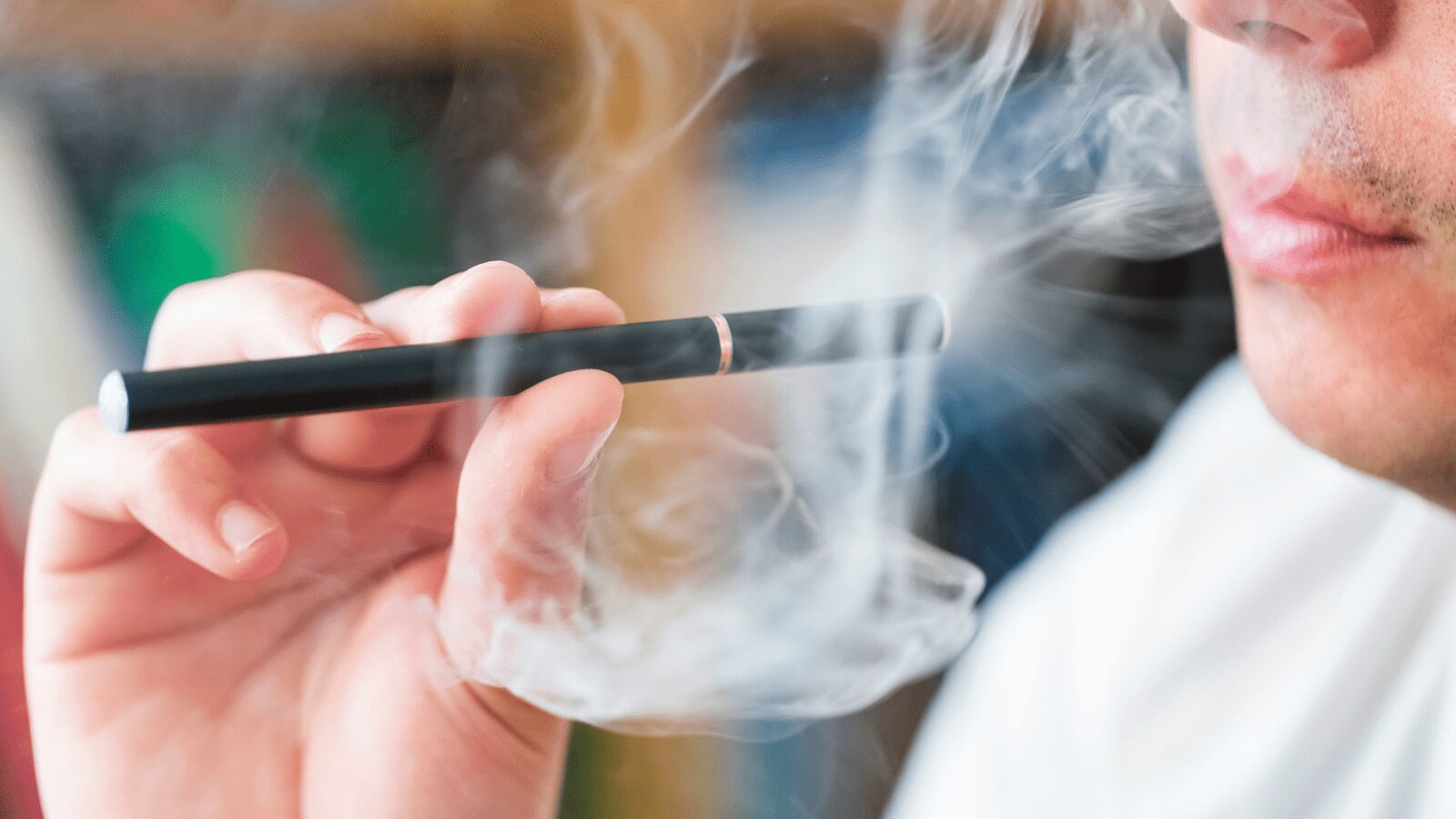
The UK Continues to Embarrass the FDA With New Proposals for Vaping on Prescription
Martin Cullip
October 13, 2022
The UK Medicines and Healthcare products Regulatory Agency (MHRA) held a webinar on October 4 which further emphasized the immense gulf between UK and U.S. approaches to helping people quit smoking. The webinar, titled “Licensing electronic cigarettes as medicines,” aimed to educate businesses in the vape manufacturing industry on the regulatory process to bring products to market which would be prescribed on the National Health Service (NHS).
The UK government already endorses vapor products in a wide variety of flavors and even subsidizes them to some sections of the public. The NHS recommends these products to adults who cannot quit smoking using other means. There is also cross-party political support for vaping, health charities endorse them, and vape shops can even be found in some hospitals.
In contrast, the U.S. Food and Drug Administration (FDA) has only authorized 23 vape products made by three companies in the six years since deeming e-cigarettes tobacco products. These 23 products are all tobacco flavor only, and the idea of vapes on prescription is not even a pipe dream.
During the two-and-a-half-hour presentation, MHRA staff explained why a medicinal product could benefit both smokers and industry by reassuring consumers and general practitioners of the safety and efficacy of vaping. The value of flavors was also acknowledged, and those watching were reassured that a variety of flavors for each device would not require additional individual applications in order to gain approval. This is in direct contrast to the FDA’s unnecessarily cumbersome process whereby 6.7 million applications were submitted because the agency insisted on separate authorization for each variation of each product.
The MHRA also confirmed that should a manufacturer gain approval by the regulator for a medicinal product, they could then make health claims in their promotional material, breach the upper nicotine limit set for sales of vapes as consumer products, and advertise on TV and other media. MHRA even announced that the products could be made available to minors who currently smoke.
One can only imagine the hysteria and pearl-clutching that would ensue in the U.S. at such suggestions. But UK public health authorities, unlike those in the U.S., are laser focused on reducing smoking rates by any means to reach the government’s Smokefree 2030 goal rather than being distracted by moral panicking and caving in to the shrieks of Bloomberg-funded anti-vaping lobbyists.
In the question-and-answer session which followed the presentation, the MHRA also categorically denied that the process was designed to pave the way for only allowing medicinal products, insisting that e-cigarettes would continue to be sold commercially to the vast majority of consumers, and confirmed that there would be no bar on applications from the tobacco industry.
This came just days after the UK’s Office for Health Improvement and Disparities released a report reconfirming that vaping is “at least 95 percent less harmful than smoking” and that it “poses only a small fraction of the risks of smoking.” Meanwhile, the annual government-backed Stoptober campaign – whereby people who smoke are encouraged to quit for October – has launched with vaping front and center of the three main ways to give up combustible tobacco.
While the FDA dithers and dallies over imaginary and mythical threats, the UK carries on adhering to the overwhelming body of science of tobacco harm reduction as a key tool in reducing smoking rates, an approach which will lead to the saving of millions of lives in the long run.
The MHRA’s open and helpful dialogue with the vaping industry is worlds apart from the opaque approach of the FDA, which seems intent on placing as many obstacles as possible in front of vape manufacturers to deny more than 99 percent of market applications so far, and at a cost which is affordable only to the largest businesses.
As a result, the American public is being denied products which could have a significant positive effect on public health, while simultaneously protecting the incumbent combustible cigarette trade. U.S. authorities should look across the Atlantic at the great strides their UK counterparts are making towards a smoke-free society and be embarrassed at the lack of progress in the U.S. by comparison.
Martin Cullip is International Fellow at The Taxpayers Protection Alliance’s Consumer Center and is based in South London, UK.
